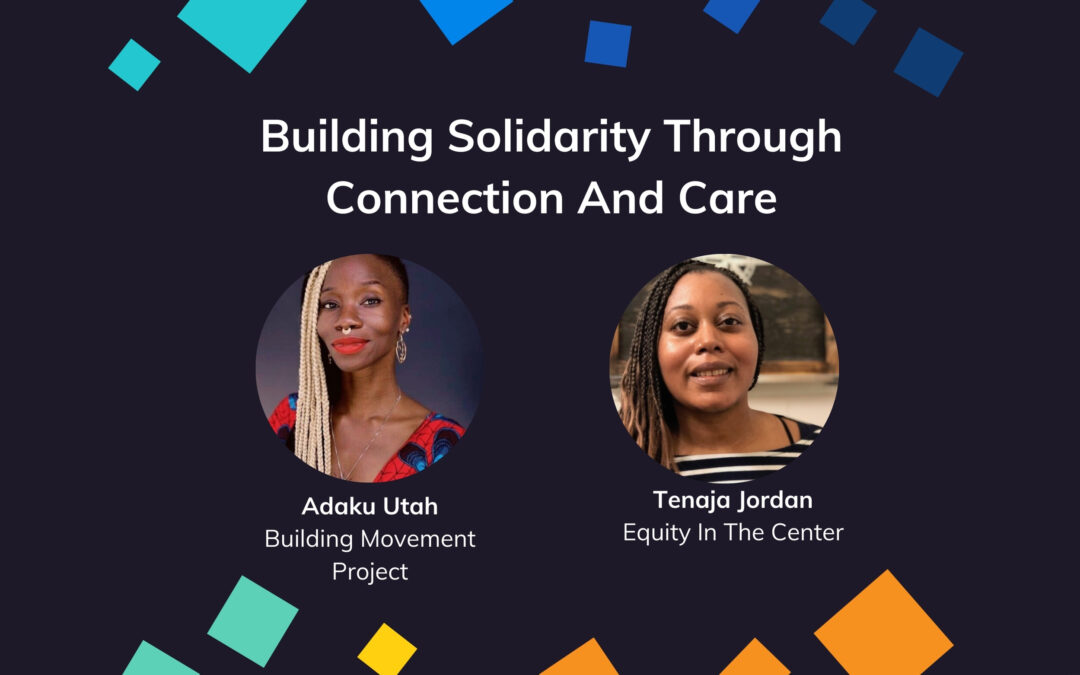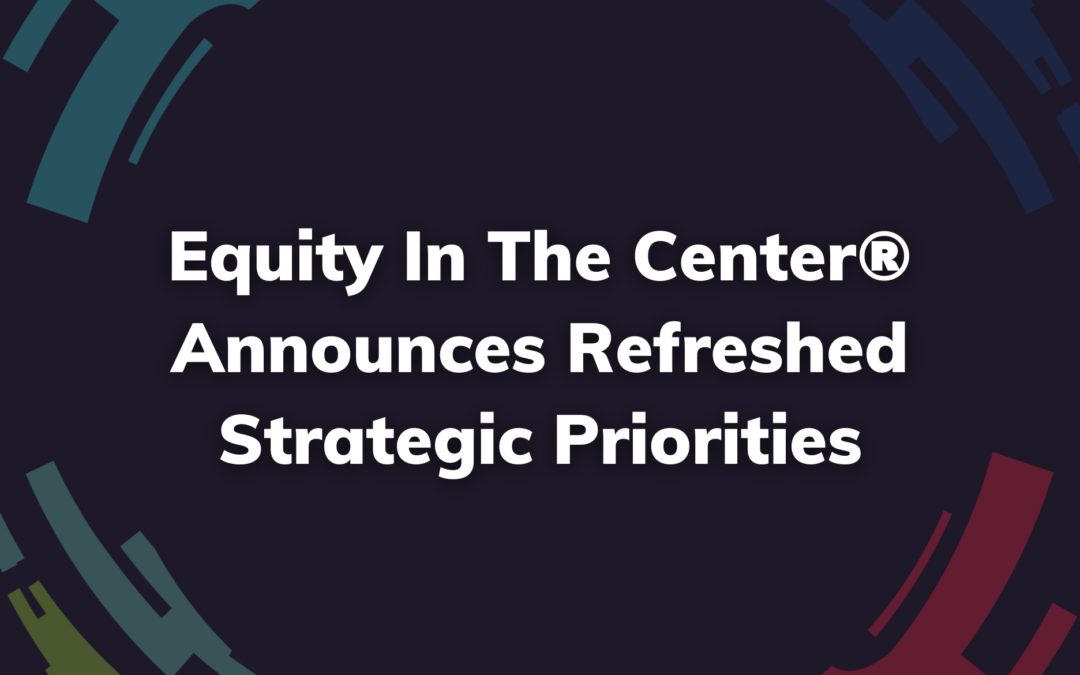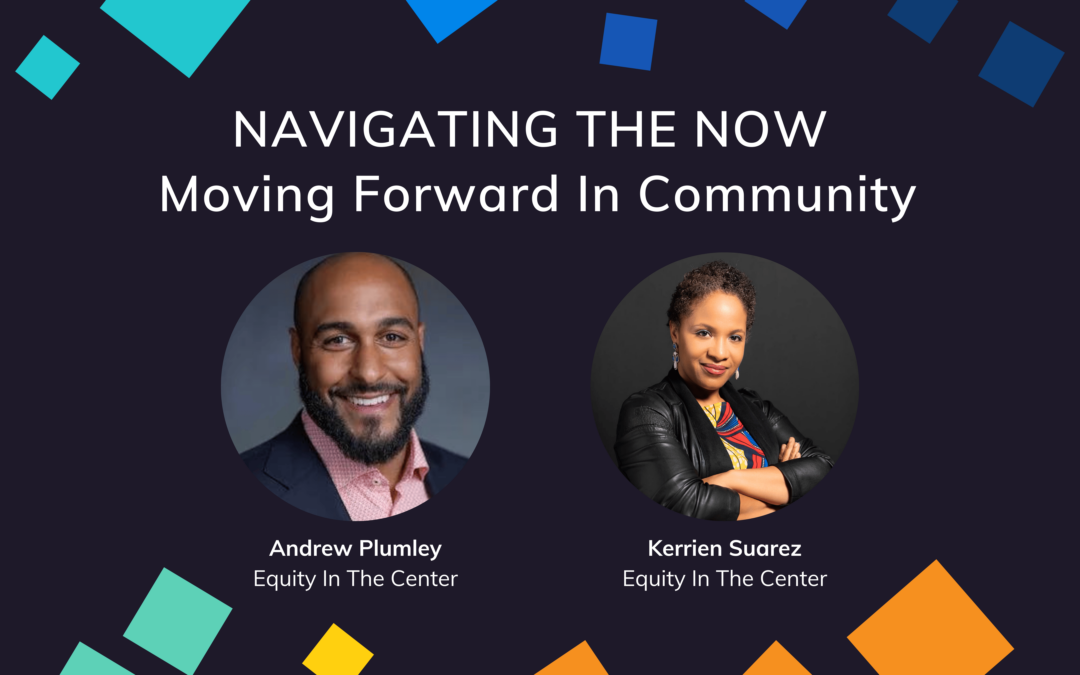Written by Yolanda Caldera-Durant, Vice President, Fund the People

For many aspiring professionals of color, unpaid internships and low-paying apprenticeships are one of the few ways they can enter the nonprofit workforce, but they simply are not financially viable. Moreover, their lived experience in communities is not fully valued by potential nonprofit employers. These conditions must change if we’re to build organizations that live out a Race Equity Culture and, ultimately, generate progress toward inclusion and race equity in the nonprofit workforce and society broadly.
The nonprofit sector has a long way to go toward making paid internships standard and shifting organizational culture to attract and retain racially, ethnically, and otherwise diverse rising leaders. Federally and privately funded programs like AmeriCorps, VISTA, and Public Allies are an important start, but the field needs more of these opportunities. Thanks in part to the advocacy of our friends at Pay Our Interns, in March 2019 the United States Congress allocated $14 million to ensure that all the hard-working House and Senate interns are paid. Now it is time for organized philanthropy to step up. Funders can direct more dollars to ensure that internships in nonprofit organizations, and in foundations, provide a living wage.
As a Latina female with experience in philanthropy and the nonprofit sector, younger professionals of color frequently ask me how I got into this industry. I candidly share that I took a circuitous path, drawn to this work because I wanted to make a difference in communities of color. I’m not from a wealthy family, but understood that I needed to get hands-on nonprofit work experience to be competitive job applicant. As a 28-hour per-week unpaid intern at a human services nonprofit in the north end of Hartford, CT, I gained valuable experience. On top of a full course load senior year, I also had a part-time retail job to generate the income I didn’t earn from my internship. I’m thankful that I completed my degree and successfully secured paid employment in the health and human services field, but no student should have to juggle the responsibilities I did just to be competitive for an entry-level position in the social sector.
I share this story because our new Talent Justice research from Fund the People resonated deeply with me based on this early career experience. We used a sector-wide survey, focus groups, stakeholder interviews, and a literature review to explore the challenges and opportunities for investing in intersectional racial equity in the nonprofit workforce across the career lifecycle. One of the most compelling findings in the report is “unpaid internships and the low-pay associated with early-career jobs…reinforce systemic inequities by race and social class.

With over 12 million paid workers, nonprofits employ the third largest U.S. workforce, accounting for 10 percent of private employment. In other words, 1 in 10 U.S. employees works at a nonprofit! Yet, we don’t have a system or culture in place that values, nurtures or achieves equity for diverse talent – of all races, ethnicities and socio-economic backgrounds – in the earliest stages of the talent pipeline.
How can you help turn around the inequitable practice of unpaid internships in the nonprofit sector? Below are three concrete recommendations from Fund the People’s Designing Fair and Worthwhile Apprenticeship Experiences tool, one of the resources in the new Talent Justice Toolkit that accompanies our report. This tool is designed to provide guidance to foundations and nonprofits on how to get started.
Recruit from diverse communities, especially those being served. Recruitment strategies that are not intentional about attracting diverse interns may prevent such talent from entering the “nonprofit door” because they may not know these opportunities are available. Nonprofit organizations can diversify their candidate pools through targeted outreach to underrepresented communities. A helpful example of how to do this is by the Brooklyn, New York-based Red Hook Initiative’s RHI Institut. This organization intentionally recruits youth of color from the Red Hook neighborhood into paid internships to gain tangible work experience in nonprofits.
Plan a strategy to transition from unpaid to well-paid internships. Unpaid internships can unintentionally filter out individuals who aren’t able to do unpaid work, including non-college bound youth, community college students, first-generation college students, LGBTQ individuals who have been abandoned by their families, and people from low-income, working and middle-class backgrounds. There are a few intermediate steps you can take to develop paid internships including offering housing and transportation stipends; offering flexible scheduling for interns who have paid jobs; and providing stipends and scholarships to interns from underrepresented communities. Consider becoming a federal work-study site —organizations will only have to pay a portion of the wages (usually about 30%) because many universities will subsidize payments for students. Work with your local colleges to become a partner.
Create meaningful opportunities for interns to engage with the work. Too often, unpaid internships focus on fulfilling the needs of employers through grunt work at the expense of the professional development of interns. Not only is this illegal — it’s inequitable! Unpaid internships must have educational value, and the intern — not the organization — must be the primary beneficiary of the position. We encourage nonprofits to identify a standalone project or a portion of a significant initiative, and encourage interns to lead project implementation that will provide tangible work experience and skills development.Learn more about designing equitable paid internships by checking out these resources from Nonprofit AF and the Forbes Human Resources Council.
Wherever you are in the sector, you can help create viable, equitable vehicles for emerging leaders of color to bring their talent, skills, and passion where they can truly make a difference: as experienced and fairly compensated members of the nonprofit workforce. My personal goal is that those entering the nonprofit workforce today will not have to follow in my footsteps as an unpaid intern.
If you are interested in exploring the current challenges that nonprofit professionals of color experience to advancing in the sector based, register for Fund the People’s Talent Justice Series webinar, Investing in Equitable Strategies for Nonprofit Advancement, which will be held on July 9, 2019 at 2:00 PM Eastern Time. In this webinar, you will hear from the Ballot Strategy Initiative Center and Tipping Point Community about the work they are doing to advance intersectional racial equity at the advancement stage of nonprofit careers, as well as Fund the People’s latest research findings. Click here to register: https://zoom.us/meeting/register/2c0811c65403dd097510d14dfea9e911
About the Author: Yolanda Caldera-Durant is Vice President of Fund the People, the national campaign to maximize investment in the nonprofit workforce and the initiator of Talent Justice Initiative. She can be reached at yolanda@fundthepeople.org. About Fund the People: Fund the People is the national campaign to maximize investment in the nonprofit workforce. To achieve this goal, we are making the case, equipping for action, and building a movement for talent-investing among funders, nonprofits, and the intermediaries that support them. Launched in 2014 and headquartered in Beacon, NY, Fund the People is a project of Community Partners, a Los Angeles, CA-based fiscal sponsor organization. Our work is informed by a national Advisory Council of diverse leaders and a team of skilled staff and consultants. To learn more, visit fundthepeople.org.
SOURCES:
- Fund the People. Talent Justice Report: Investing in Equity in the Nonprofit Workforce. 2019. Pg. 34
- John Hopkins Center for Civil Society. The 2019 Nonprofit Employment Report. https://ccss.jhu.edu/wp-content/uploads/downloads/2019/01/2019-NP-Employment-Report_FINAL_1.8.2019.pdf



